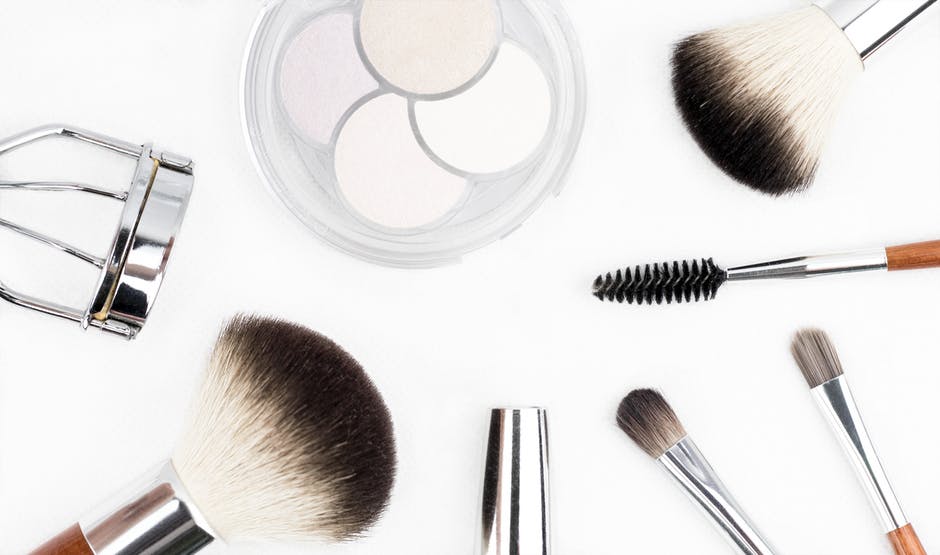It would be easy to think that the Fashion and Beauty Society, FABSOC for short, would risk perpetuating social concerns in regards to the definition of beauty. An interview with Fernando Goh, the society’s president, however, allowed a glimpse into a group that boasts a diverse range of members, and which aims to create an inclusive environment for any individual intrigued by fashion and beauty styles and techniques.
Goh told Woroni that he had a vision for the society ‘to be big and impactful’. Goh said the society sought to reinforce the need for diversity in fashion and interpretations of beauty.
‘For me, when I think someone is beautiful I don’t just see it in a physical way. Beauty isn’t just physical, it’s ideals. Within the FABSOC culture I want to cultivate the culture to see the beauty in everyone,’ Goh said, highlighting the subjective nature of beauty.
In response to stigmatisation that may occur due to misconstruing that FABSOC is a society for specifically beautiful people, Goh responded by recalling his own personal assumptions in regards to the society. ‘When I initially heard about it, the name alone makes you assume things. I had certain ideas about what FABSOC was – I imagined a setting like Mean Girls or Scream Queens.’
Goh explained that ‘beauty’ as mentioned within the society title ‘is not the physical form of the person.’ Instead, Goh explains that by beauty the society is referring to beauty techniques. ‘Beauty products not the beauty of the person,’ Goh said.
The society also attempts to cultivate the talents of students, allowing students to collaborate with businesses such as Millennial Watches and Miss Kadia. ‘A lot of our members have a serious passion with the business surrounding fashion or beauty skills: makeup, hair styling etc. We try and encourage that. We have so many members who have cultivated passions in this group and used it to create a future for themselves.’
Goh said the premise of the society is to provide creative freedom which allows an individual to ‘refine the skills, because we are definitely not talking about refining the person.’
Goh reflected upon his own personal context and the impact the society had upon his wellbeing and development.
‘Growing up was hard in the sense that I grew up in a white heteronormative school. I used to be bullied for how I looked and for being Asian. Where I grew up everyone stereotyped me because the way I act is rather flamboyant and expressive. People would call me gay and I didn’t even know I was gay at the time.
‘I grew up in many places because my family used to travel a lot. I grew up in a rural town and it was hard – if and when you didn’t conform people identified it easily. Coming into uni I was trying to find my place, and FABSOC was one of the first few places I felt fully comfortable being in,’ Goh said.
’When I came into ANU I was gay, Asian and I didn’t conform to Western beauty standards. Hence, as president I attempt to create a diverse environment. We don’t want a toxic environment. I want new members to feel the same way I did when I joined: comfortable and accepted,’ Goh said.
Goh went on to explain how the inclusive society was created: ‘Right at the beginning of our constitution it states that our society is inclusive. It doesn’t discriminate on anyone based in gender, sexual orientation, sex or race.
In addition to this, ‘A fashion society should involve everyone despite them all having different fashion styles,’ Goh said.
Speaking of aspirations for the society, Goh explained the aim of the society was to ‘make sure that we aren’t mainstream. This year we have a lot of members who incorporate their own completely different fashion styles. We should always have diversity.
‘Beauty and fashion are subjective concepts, it’s different for different cultures, circles et cetera. I think restricting to one sort of style or one point of view is unfair.
‘We have such different ideas of what we find beautiful and embrace it and try and incorporate it into all our events,’ Goh said.
Goh constantly reinforced the need for a society which allowed diversity and inclusivity, although Goh considered the possibility of bullying and aggression which hypothetically could have the capacity to occur in a society centred around concepts of beauty.
‘To be honest within our society there hasn’t been any bullying at the moment, although if it did occur we would handle it immediately.
‘FABSOC is a culture of inclusion, a space where people can express themselves and be creative without judgement,’ Goh said.
On joining FABSCO, Goh said: ‘There are no requirements [for joining], so many of our members have such different styles! I encourage people to overdress, underdress and that is what I love that about FABSOC. Everyone looks amazing as they are. You don’t have to be “fashionable” or “beautiful” to join. Everyone is beautiful. But join because you’re passionate.’
We acknowledge the Ngunnawal and Ngambri people, who are the Traditional Custodians of the land on which Woroni, Woroni Radio and Woroni TV are created, edited, published, printed and distributed. We pay our respects to Elders past and present. We acknowledge that the name Woroni was taken from the Wadi Wadi Nation without permission, and we are striving to do better for future reconciliation.
